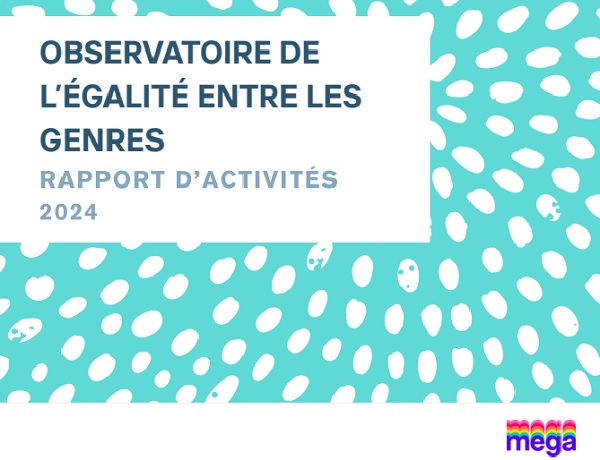 Credit: MEGA - Observatoire de l'égalité entre les genres
Credit: MEGA - Observatoire de l'égalité entre les genres
On Tuesday 30 September 2025, Luxembourg's Ministry of Gender Equality and Diversity published the 2024 activity report of the Gender Equality Observatory (Observatoire de l'égalité entre les genres).
In addition to reviewing activities carried out in 2024, the report highlights key findings regarding persistent gender inequalities in seven key areas: domestic violence; employment; decision-making; work-life balance; education; income; and health.
The ministry noted that these themes, presented in detail on the observatory's website and summarised in the activity report, highlight "the magnitude of the challenges that must be addressed to achieve true equality between women and men in Luxembourg".
Some of the report's key findings are as follows:
- Domestic violence: 1,178 police interventions were recorded in 2024 (up from 1,057 in 2023), with an average of 98 interventions per month;
- Employment: part-time work remains a persistent reality for women, with 36% of working women work part-time;
- Decision-making: women are underrepresented in positions of responsibility, whether within political parties, companies or among mayors;
- Work-life balance: 20% of men exceed the 48-hour weekly threshold, compared to 12% of women;
- Education: inequalities in IT skills appear to increase with age, to the detriment of women;
- Income: despite a slightly higher hourly wage for women, men receive a higher annual income;
- Health: women have a longer life expectancy than men, but men spend more years in good health.
The ministry said that, since its creation in 2019, the Gender Equality Observatory has established itself as "an essential tool for understanding the realities of gender equality in Luxembourg and guiding actions towards a more equitable society" and it "plays a central role in the collection, analysis and dissemination of reliable data on gender equality."
Luxembourg's Minister for Gender Equality and Diversity, Yuriko Backes, noted that 2024 marked "an important milestone" for the observatory, which obtained a legal basis. She stated: "This institutional recognition, essential to its development, strengthens its role, guarantees its sustainability and demonstrates the importance placed on gender equality."
Another milestone was reached with the complete redesign of the observatory's website, aimed at optimising the user experience. According to the ministry, this development "facilitates access to data, improves navigation and allows for continuous updating of indicators, thus ensuring that information is always up-to-date and accessible."








